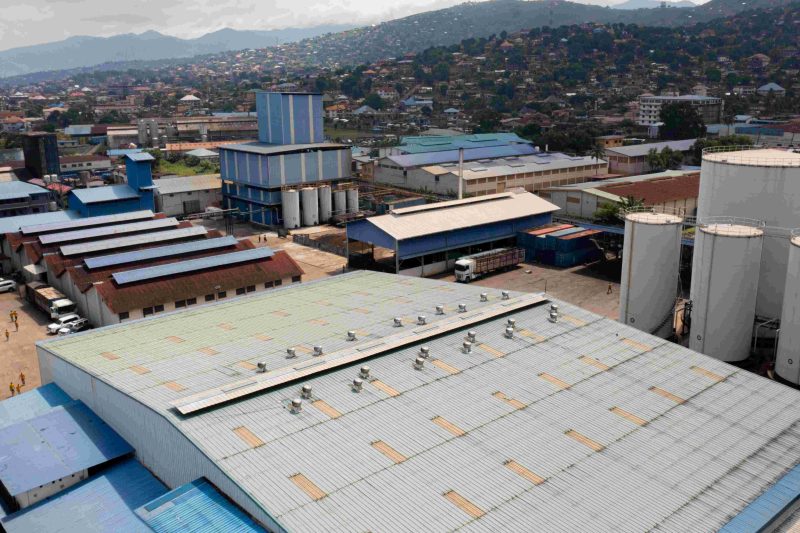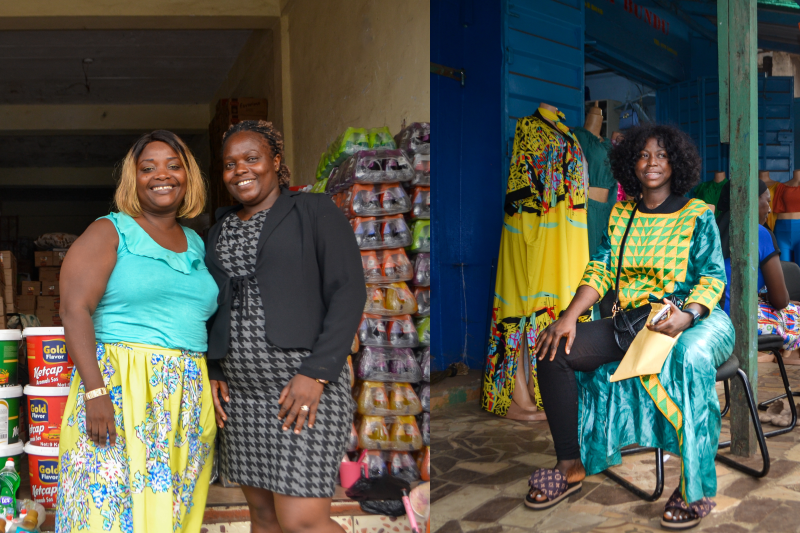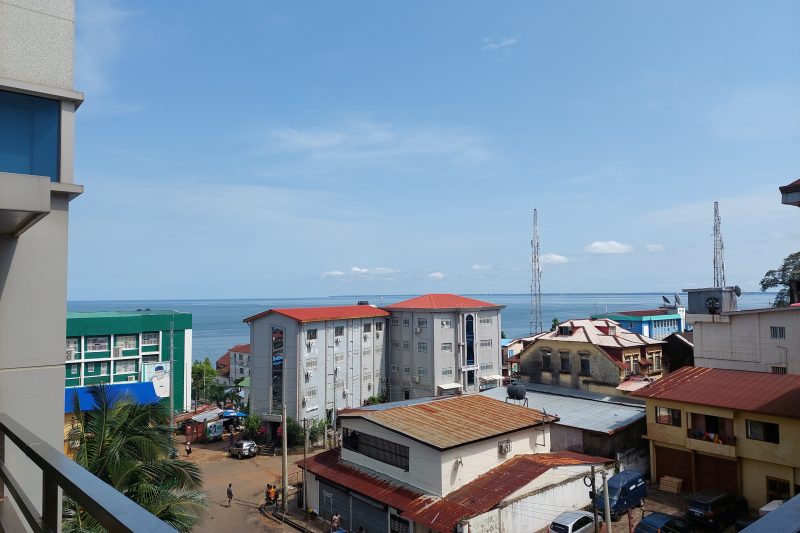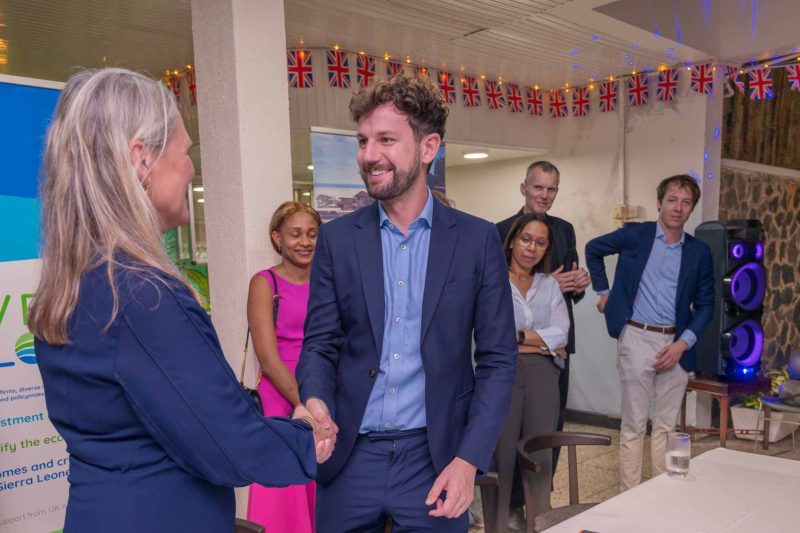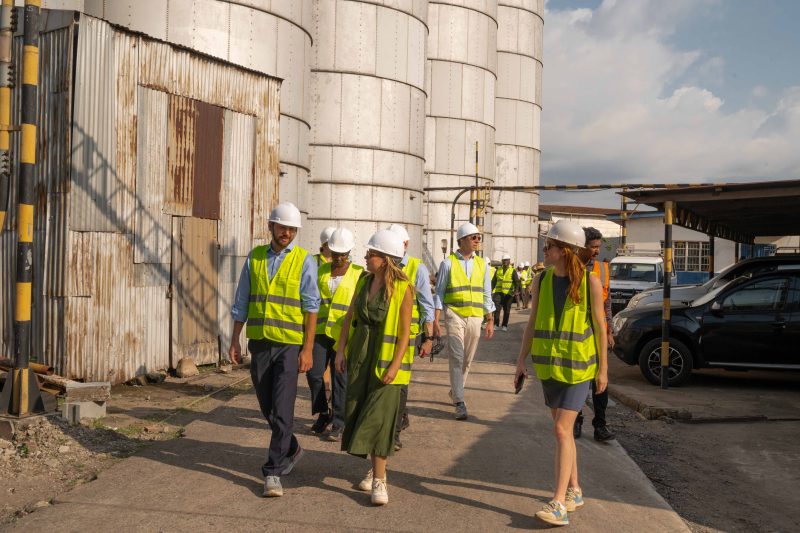Despite the challenges posed by the lack of infrastructure and support services, fish farming in Sierra Leone has the potential to provide the population with a sustainable source of protein, improve livelihoods and generate export earnings, according to a new overview study of the sector.
Released today (28/06/2022), Aquaculture in Sierra Leone is based on a pre-feasibility study, commissioned by Invest Salone, the UK government-funded private sector development initiative.
Aquaculture is reported to be the fastest growing food-producing sector globally. It now accounts for 50 percent of the world’s fish consumption, and while Asia will continue to dominate production, predictions suggest that the greatest growth will come from Africa. This offers opportunities for Sierra Leone, where the sector is in its infancy, but where the natural resources – water and land – needed to sustain the industry, are readily available.
Previous attempts to develop aquaculture in Sierra Leone have largely focused on building public sector infrastructure to support small producers. The Aquaculture in Sierra Leone study recommends a new approach: “Pioneer investment is needed to overcome the existing challenges for inputs, staffing and energy – and establish a fully commercial tilapia [a type of fish] aquaculture venture. This would help to demonstrate viability and would encourage others to invest.”
Of the various fish species, the analysis indicates that tilapia and/or catfish are the best choices. Tilapia remains the second largest globally produced fish, however demand for African catfish is growing rapidly, particularly in Africa.
Invest Salone consultant, Mark Thomas, concludes: “The increasing demand for fish both locally and internationally, favourable conditions for fish farming and the ready availability of land, water and labour mean that fish farming in Sierra Leone offers real opportunities for investors who can see past the challenges.”


